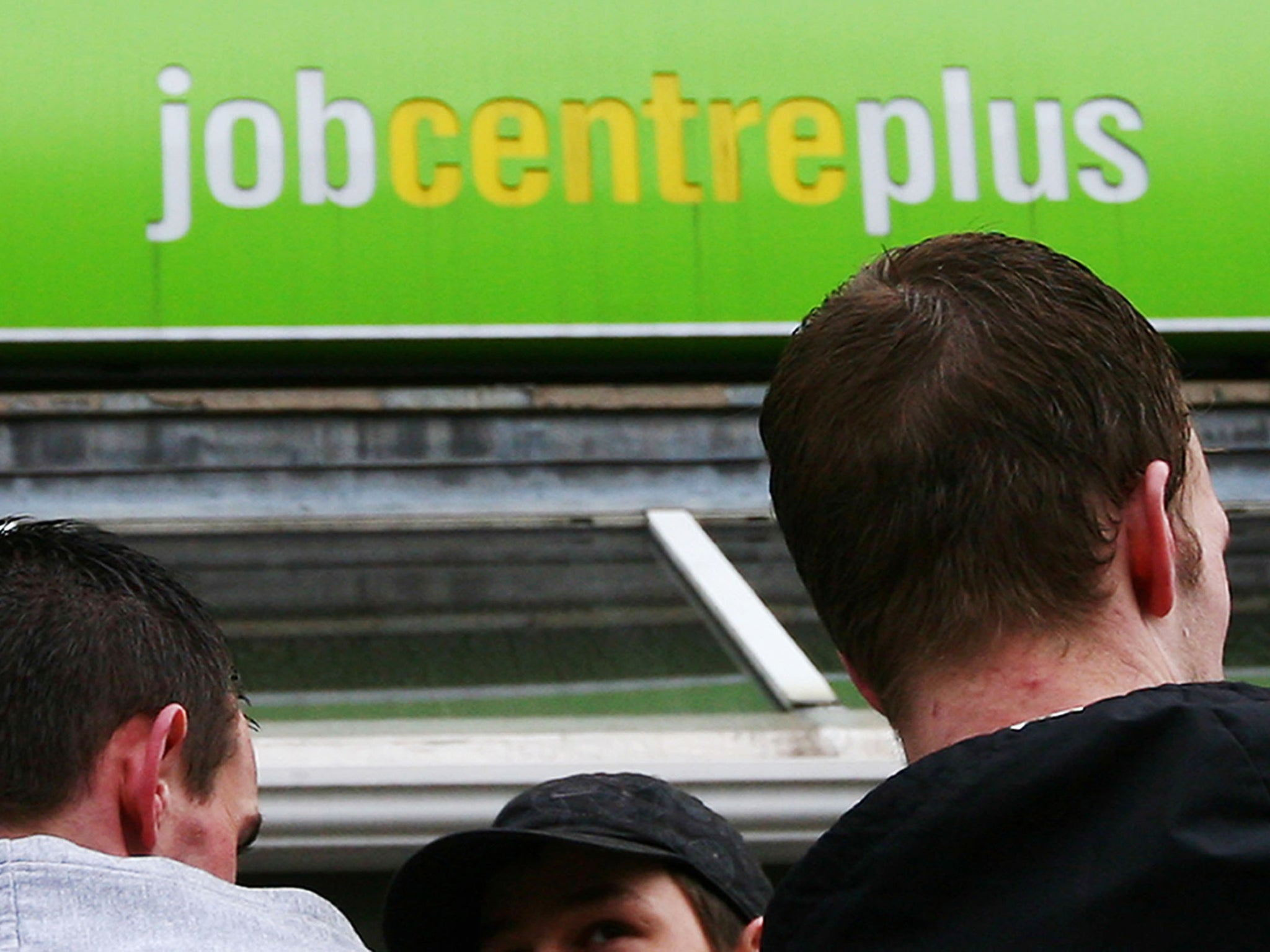Which is the bigger problem: Benefit fraud or the legal tax avoidance strategies of the very wealthy
A recent report suggests Britain is a lot less equal than it seems as a result of the techniques used by some people to lower their tax. Another cites concern about a rise in benefit fraud. Care to guess which will get tackled first?

Two financial stories caught my eye yesterday. The first one concerned benefit fraud and the BBC reporting officials are fretting that up to £1.5bn may have been lost through the torture of applying for universal credit being made less tortuous.
The second one looked at the rich and how they might be considerably richer than the statistics imply. Most measures of inequality consider only cash income. Since the late 1990s, the pre-tax total income of the top 1 per cent – roughly half a million people – has apparently held steady at around 14 per cent.
But, when researchers at Warwick University and the Resolution Foundation added in their capital gains, their total share jumped from 14 per cent to 17 per cent over the last two decades.
The UK capital gains tax rate is 20 per cent, whereas the top rate of income tax is 45 per cent. So the rewards are rich indeed if you can get your income treated as capital gains for taxation purposes. Private equity is an industry notorious for doing that. Hedge funds too.
This is not actually a terribly new problem. Warren Buffett, the legendary ‘Sage of Omaha’, highlighted the issue more than a decade ago when he complained that he paid a lower marginal rate of taxation than his cleaner.
Back to benefit fraud, which has been with us forever.
Benefits cheats are a staple of tabloid newspaper stories, and there always seem to be a spate of them whenever the government is planning cuts. So much more palatable when they’re being imposed on lazy, good for nothing… you know the drill.
Thing is, the actual level is a lot lower than the public seems to think it is. Back to the BBC, which did a reality check piece looking at it in 2017. It referenced a Mori survey suggesting people believed £24 out of every £100 of benefit paid was fraudulently claimed. In reality, per government figures, fraud accounts for £1.10 out of every £100.
I don’t doubt that there are people who have sought to take advantage of the government correctly making universal credit easier to claim at a time when hundreds of thousands of people are suddenly finding themselves in desperate need of it.
But we need a sense of perspective here.
The converse is true when it comes to the undertaxation of wealthy people if one considers the Resolution report.
In 2017-18, it says £55bn of taxable capital gains were recorded – more than double the amount recorded just five years earlier. The researchers argue that the majority comes from business activity rather than from passive investment and so often reflects a choice to receive remuneration in the form of gains rather than wages.
Let’s say half – £27bn – was reclassified as income and taxed accordingly. That raises the take from £5.4bn to £12.15bn, a difference of £6.75bn.
Now I freely admit that that is just a back-of-the-envelope calculation, but still.
Of course, the way some people seek to have what amounts to income classed as capital gains is, theoretically, legal. There are grey areas, which clever accountants seek to exploit, and HM Revenue & Customs sometimes makes a splash when it tries to rein them in.
Thing is, “legal” doesn’t necessarily mean “moral”.
Benefit cheats get condemned. Tax avoiders? They get knighthoods. If I were to name some of them, and if I were to use the word “cheat” in connection with any of them, The Independent would probably be in receipt of a letter from m’learned friends demanding a retraction and I’d be on the naughty step.
At fault is a rotten system and at a time when the Treasury is in dire need of revenue, the priority should be to address it with a view to ensuring that people who can afford to pay their fair share do so.
Of course that would be complicated, and challenging, and it would produce howls of outrage from those affected by any proposed reforms, and their allies, and their shills. That doesn’t mean we shouldn’t try because Mr Buffett was quite right. It is unjust and immoral that some wealthy people pay a lower rate of taxation than their cleaners and it costs the exchequer billions in lost revenue that could pay for schools, hospitals, and coronavirus vaccines.
But the odds are that we’ll see a new drive to tackle benefit cheats first, combined with a fresh spate of stories designed to convince us the problem is much bigger than it actually is.
Join our commenting forum
Join thought-provoking conversations, follow other Independent readers and see their replies
Comments